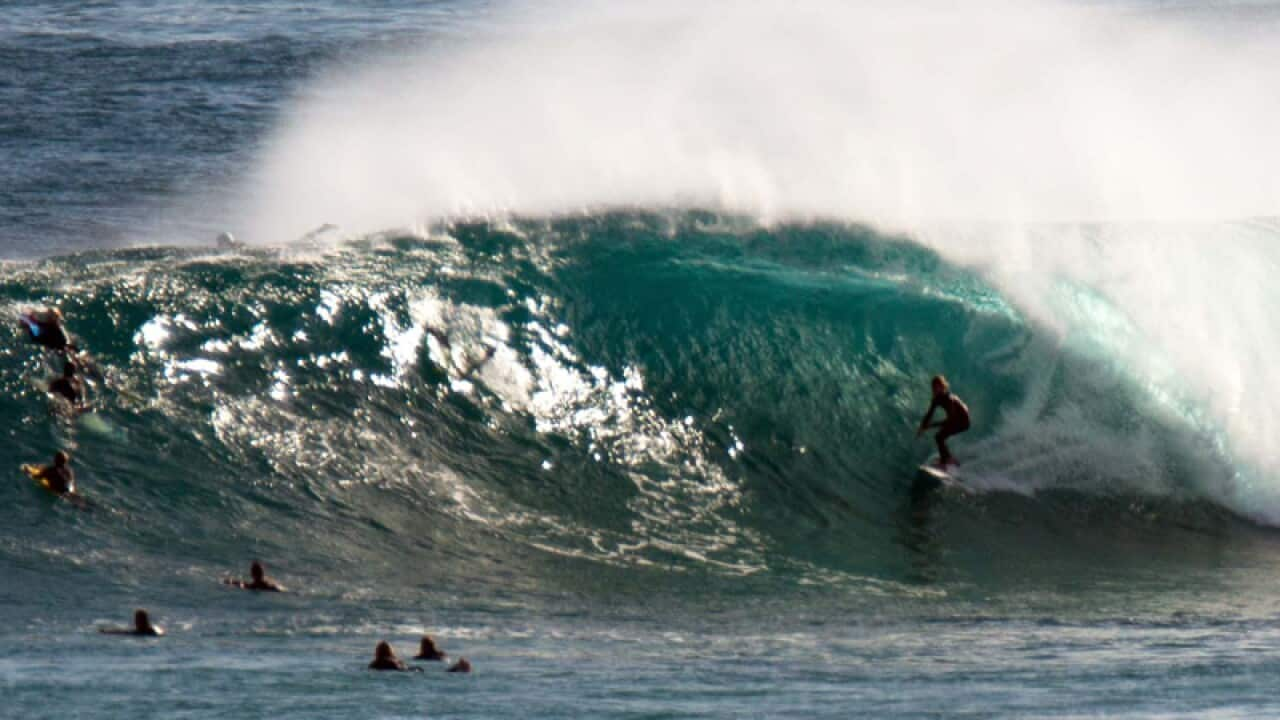West Australian surfer Mark Lane has spent his life in the sunshine and never believed he was in danger of skin cancer - until a health scare six months ago.
Mr Lane had non-invasive melanomas removed from the side of his temple and is now more vigilant than ever.
"I honestly freaked and then it was like, wow, this thing's got me - what am I going to do now?" he told reporters on Wednesday.
"I'm sure I've probably got a couple more catching up over the next few years."
Mr Lane, who is the chief executive of Surfing WA, has welcomed a $288,000 Healthway grant for a skin cancer prevention program targeting young surfers.
He has learned his lesson and hopes to raise further awareness.
"Apart from a block of wax in my surf bag, there's always a tube of sunscreen," he said.
"Look after yourself in the sun - it all adds up."
Cancer Council's Mark Strickland said skin cancer was not just an "old people's disease" and was the most common cancer for people aged 12 to 24.
But Health Minister John Day said it was good to see that over the past 15 years, melanoma rates had more than halved among people aged 15 to 39 thanks to sun protection campaigns like SunSmart.
"Melanoma is by far the most serious form of skin cancer and it is heartening to see that among young women, the incidence has fallen from 31 cases per 100,000 to just 13," he said.
"With young men, there are now 10 cases per 100,000, down from 26, 15 years ago."
But melanoma rates continue to increase in people aged over 60, he said.
Mr Day said every dollar spent on skin cancer prevention saved about $2.30 in treatment expenses.
"Medication costs alone for treating stage 4 melanoma can exceed $150,000 per patient, so the more skin cancers we can prevent, the better it is for the community and for taxpayers," he said.









